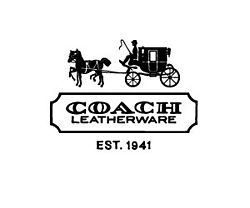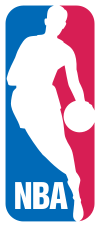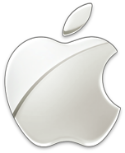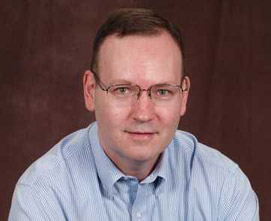 NASA has developed many technologies that have made their way to ordinary usage. But now NASA is auctioning off — rather that giving away for free — some of its patented technology.
NASA has developed many technologies that have made their way to ordinary usage. But now NASA is auctioning off — rather that giving away for free — some of its patented technology.
As reported in the media, the NASA Goddard Space Flight Center is partnering with ICAP Ocean Tomo LLC of Chicago to sell portfolios. The portfolion includes 12 patents for technologies including software, robotics, and artificial intelligence.
ICAP Ocean Tomo has scheduled the auction for next Thursday. For additional information, see the company’s website.







